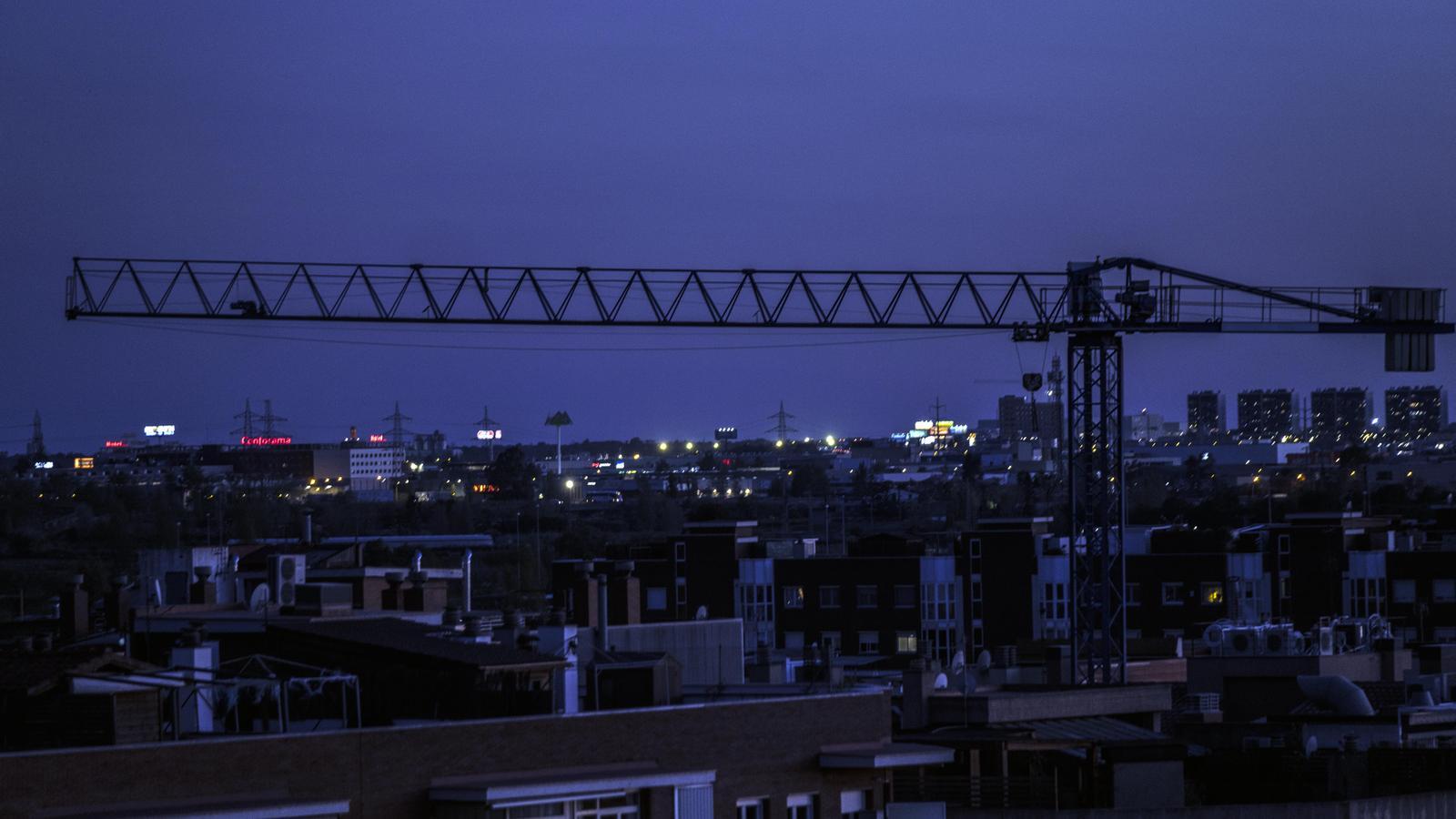Are we surprised that housing prices are rising?


According to the INE (National Institute of Statistics and Census), housing prices grew by 12.7% in the last year. Far from being a surprise, it is the result of a lack of supply, the demand for which continues to grow. In 2023, the State granted licenses to build 107,934 new homes. In the second quarter of 2025 alone, the population grew by 119,811 people. If we extrapolate this annually, population growth multiplies the new housing supply by five. Here we must add the demand from the existing population, second or subsequent homes, non-residents, etc.
And if I already own a home, what incentive do I have to sell it? We mustn't forget that a home is also a financial asset with a return on the market—and a double one at that: the increase in value and the rent it can earn. Note that for any homeowner, without having done anything at all, the value of the asset has increased by 12.7%. And not only that: it's well known that rent prices are constantly rising.
To add fuel to the fire, demand is increasingly enjoying greater savings at lower costs. The fall in the Euribor, which has made all mortgages cheaper, is a precedent for an increase in transactions in the market. In June 2025, 31% more transactions were granted than in June 2024. With more transactions, prices are inflated because everyone is willing to compete on price.
Therefore, if not enough new apartments are built and existing ones are unavailable, supply collapses, while demand continues to increase. The only way to reach equilibrium is through price increases. The buyer can raise the price because they have cheap money, and the seller decides to sell because the price is higher; they wouldn't otherwise.
